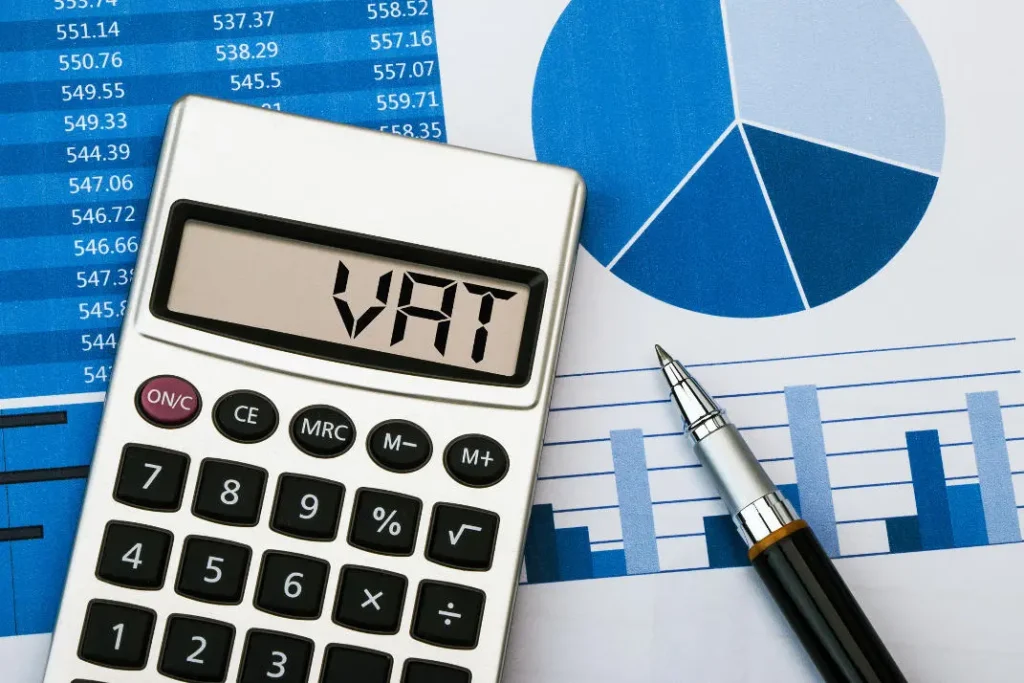Introduction
En Thaïlande, les résidents fiscaux sont généralement soumis à l'impôt sur le revenu des personnes physiques en fonction de leur résidence, ce qui inclut en principe leurs revenus internationaux. Auparavant, en raison de l'interprétation de l'article 41, paragraphe 2 du Code fiscal par le ministère des Finances, de nombreux résidents fiscaux thaïlandais, qu'ils soient citoyens thaïlandais ou étrangers, bénéficiaient d'une exonération de l'impôt sur le revenu pour les revenus perçus à l'étranger.
Cette exonération avait fait de la Thaïlande une destination attrayante pour les Thaïlandais et les étrangers, leur permettant de protéger leurs revenus étrangers de l'imposition. Désormais, le ministère des Finances exige que les résidents fiscaux incluent ces revenus dans leur revenu annuel imposable, quelle que soit l'année de leur origine. Dans ce contexte, il peut être utile de se faire accompagner par un comptable en Thaïlande ou un expert comptable afin de garantir que la déclaration et le rapatriement des revenus étrangers respectent pleinement la législation fiscale.
Cet article explore ces changements et leurs implications potentielles pour les contribuables thaïlandais.
Points clés
- Auparavant, les résidents fiscaux en Thaïlande étaient exonérés de l'impôt sur le revenu des personnes physiques pour les revenus étrangers transférés en Thaïlande l'année civile suivante.
- Depuis le 1ᵉʳ janvier 2024, le ministère des Finances exige que les résidents fiscaux incluent ces revenus étrangers dans leur revenu annuel imposable, quelle que soit l'année de leur origine.
- Les résidents fiscaux peuvent éviter l'impôt sur le revenu thaïlandais en utilisant les conventions de double imposition, en optant pour un visa de résidence de longue durée, ou en conservant leurs revenus à l'étranger.
Quelle était l'ancienne conception concernant l'imposition des revenus étrangers transférés en Thaïlande ?
Traditionnellement, la Thaïlande se concentrait principalement sur les revenus générés à l'intérieur de ses frontières (revenus territoriaux), en raison de l'interprétation stricte par le ministère des Financesde la section 41, paragraphe 2, du code fiscal . Selon cette interprétation, un résident fiscal thaïlandais n'était tenu de payer l'impôt sur les revenus étrangers que si deux conditions spécifiques étaient remplies :
- Le résident fiscal thaïlandais devait avoir gagné des revenus à l'étranger au cours de l'année civile.
- Le résident fiscal thaïlandais devait ensuite transférer ces revenus en Thaïlande au cours de la même année civile, conformément à la règle de transfert de fonds dans l'année.
Cette interprétation permettait aux résidents fiscaux thaïlandais, y compris les étrangers ayant résidé en Thaïlande pendant au moins 180 jours au cours d'une année civile, d'éviter de payer l'impôt sur le revenu des personnes physiques en Thaïlande. Par exemple, une personne pouvait générer des revenus à l'étranger en 2022, conserver les fonds à l'étranger jusqu'au 1ᵉʳ janvier 2023, puis les transférer sur un compte bancaire thaïlandais, tout en restant exonérée de l'impôt sur le revenu en Thaïlande.
Comment la nouvelle directive du Département du Revenu affecte-t-elle l'imposition des revenus étrangers transférés en Thaïlande ?
Le 15 septembre 2023, le directeur général du Département des Impôts de Thaïlande a publié l'instruction ministérielle n° Por. 161/2566, qui a des implications majeures sur l'interprétation de la section 41, paragraphe 2, du Code des revenus. Cette instruction, intitulée « Payment of Income Tax under Section 41, Paragraph 2 of the Revenue Code », redéfinit les obligations fiscales des résidents fiscaux thaïlandais percevant des revenus de sources étrangères au cours d'une année civile et rapatriant ces revenus en Thaïlande lors d'une année civile ultérieure.
Selon cette nouvelle interprétation, les résidents fiscaux thaïlandais doivent désormais inclure ces revenus dans le calcul de leur revenu annuel imposable pour l'année civile au cours de laquelle ils transfèrent les fonds en Thaïlande. En résumé, les résidents fiscaux thaïlandais doivent désormais s'acquitter de l'impôt sur le revenu des personnes physiques pour les revenus étrangers, même si ces revenus sont rapatriés au cours d'une année civile différente de celle où ils ont été initialement gagnés.
Il est important de noter que l'instruction n° Por. 161/2566 est entrée en vigueur le 1ᵉʳ janvier 2024.
| Année | Ancienne conception | Nouvelles règles (depuis le 1er janvier 2024) |
| Année 1 | Un résident fiscal* qui gagne des revenus à l'étranger mais ne les transfère pas en Thaïlande avant la fin de l'année civile. | Identique à l'ancienne conception. |
| Année 2 | Le résident fiscal transfère en Thaïlande des revenus gagnés à l'étranger au cours de l'année précédente. Ces revenus n'étaient pas soumis à l'impôt sur le revenu en Thaïlande. | Le résident fiscal transfère en Thaïlande des revenus gagnés à l'étranger au cours de l'année précédente. Ces revenus seront soumis à l'impôt sur le revenu en Thaïlande. |
*Résident fiscal : personne ayant séjourné en Thaïlande pendant au moins 180 jours (non nécessairement consécutifs) au cours de l'année.
Quelles sont les options disponibles pour les résidents fiscaux ?
Avec l'entrée en vigueur des nouveaux amendements en janvier 2024, les résidents fiscaux de la Thaïlande qui bénéficiaient auparavant de cette exonération pour les revenus étrangers doivent maintenant explorer des moyens de protéger leurs revenus. Voici quelques options possibles pour ces résidents fiscaux :
Conventions de double imposition :
Lorsqu'un individu a généré un revenu et rempli ses obligations fiscales dans le pays d'origine du revenu, et si un accord de double imposition est en place entre la Thaïlande et le pays étranger respectif, le contribuable peut appliquer les impôts déjà payés dans le pays étranger comme un crédit d'impôt. Il est fortement recommandé de consulter un comptable en Thaïlande ou un expert comptable pour s’assurer que le crédit d’impôt est correctement appliqué et documenté.
Les titulaires d'un visa de résidence de longue durée :
Les personnes titulaires d'un visa LTR dans l'une des catégories suivantes : Citoyen du monde fortuné, retraité fortuné et professionnel travaillant depuis la Thaïlande, peuvent bénéficier d'une exonération de l'impôt thaïlandais sur le revenu des personnes physiques, y compris sur les revenus étrangers rapatriés en Thaïlande, conformément au décret royal n° 743, comme l'autorise le code des revenus.
Conserver les revenus à l'étranger :
Il s’agit de l'option la plus simple, car cela permet d'éviter toute obligation fiscale en Thaïlande. Cependant, cette approche peut poser des problèmes pour les résidents fiscaux qui dépendent de ces revenus.
Lire aussi : Comment émettre une facture ou un reçu fiscal en Thaïlande ?





